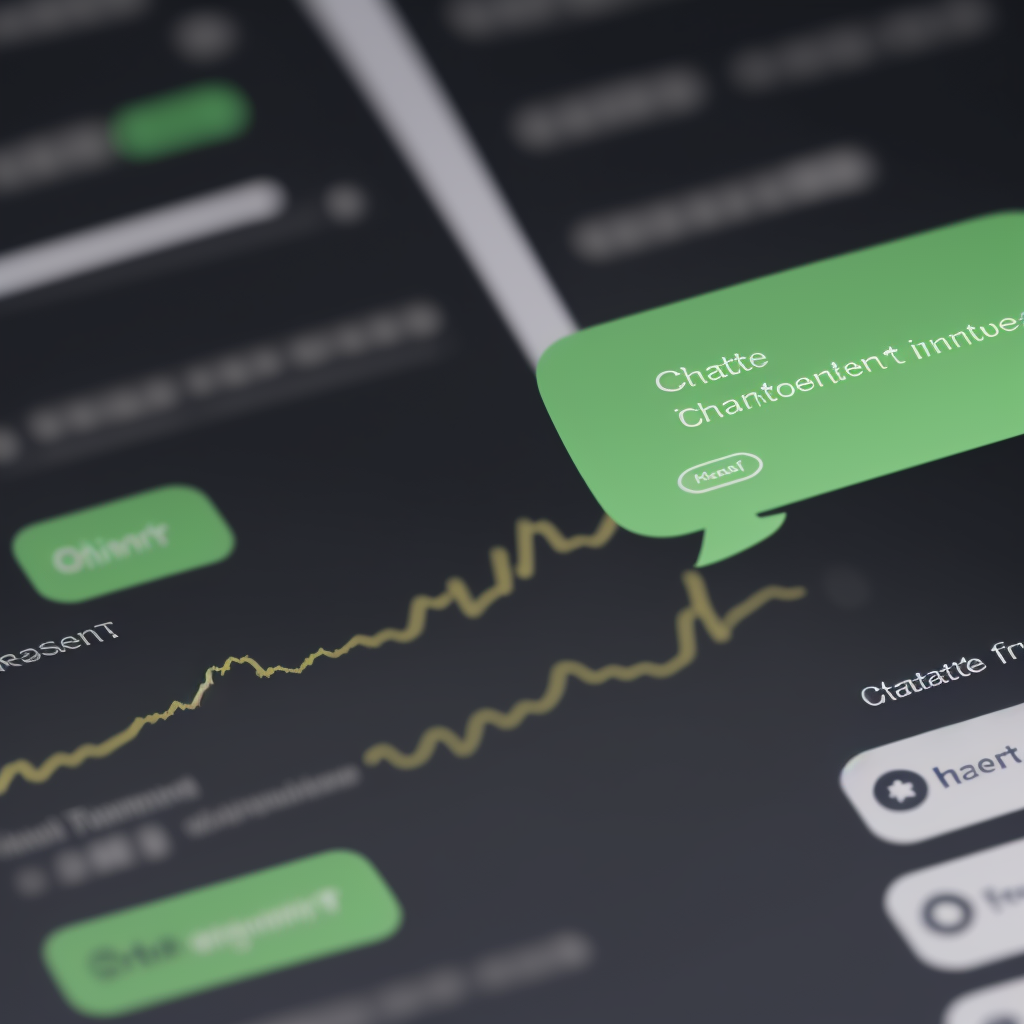The Impact of Social and Ethical Headlines: How They Shape Our Perception of the World
In today’s digital age, headlines have never been more influential. With the ease of access to information at our fingertips, headlines have become a key mechanism for shaping our understanding of current events. However, not all headlines are created equal. Social and ethical headlines have the power to inspire, influence, and even shape public opinion on some of the most pressing issues of our time.
The Power of Headlines
A well-crafted headline can be a powerful tool in grasping the attention of readers, igniting curiosity, and driving interest. With the rise of social media, the stakes for creating engaging headlines have become even higher. A recent study found that 70% of web users admit to sharing, liking, or commenting on online headlines without actually reading the accompanying article.
But what happens when those headlines are not just attention-grabbing, but also socially and ethically informed? The impact can be profound. Positive headlines can inspire action, foster empathy, and mobilize communities to tackle some of the world’s most pressing issues. Research has shown that individuals are more likely to engage in social activism and take civic action when they are presented with factual, accurate, and inspiring headlines.
The Dark Side of Headlines
On the other hand, harmful headlines can have devastating consequences. False information, biased reporting, and attention-grabbing sensationalism can reinforce harmful stereotypes, perpetuate divisiveness, and even fuel extremism.
According to a recent study, consumers are more likely to trust a company more when it addresses social and environmental concerns than when it focuses solely on financials. Conversely, a study by The New York Times found that articles focused on social and ethical issues tend to elicit more emotional responses and increase the risk of spreading misinformation.
Social Media’s Role
Social media platforms like Facebook, Twitter, and LinkedIn have revolutionized how we consume information. These platforms empower individuals to control their news feeds, share perspectives, and connect with like-minded people. However, this same power can be misused. The spread of misinformation on these platforms is a serious concern. Headlines that promote conspiracy theories or misleading narratives can quickly go viral, reaching vast audiences and influencing opinions without proper fact-checking. Moreover, social media algorithms often create “echo chambers” where users are primarily exposed to information that confirms their existing beliefs, limiting exposure to diverse viewpoints.
The Way Forward
As we move forward, it is essential to recognize the significance of responsible headline writing. Newsrooms, social media platforms, and publishers must prioritize accuracy, ethical reporting, and transparency to rebuild trust with their audiences. Consumers can play a critical role by critically evaluating sources, seeking out diverse perspectives, and using fact-checking tools.
Furthermore, researchers and policymakers must continue to develop strategies to mitigate the impact of misleading headlines, such as improving education on media literacy and developing innovative methodologies for detecting and correcting misinformation.
Conclusion
The power of social and ethical headlines lies not just in their ability to capture our attention but also in shaping our understanding of the world around us. It is our collective responsibility to hold ourselves and others accountable for crafting informative, inspiring, and accurate headlines that serve to unify and uplift rather than divide and distort. By doing so, we can cultivate a more informed, empathetic, and activist-minded global community, where all voices are heard and respected.




